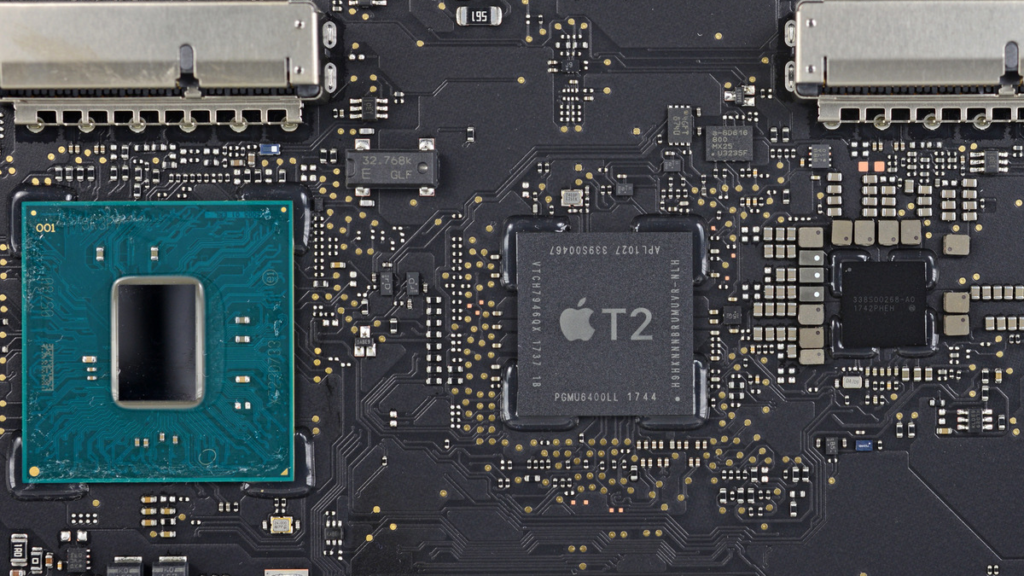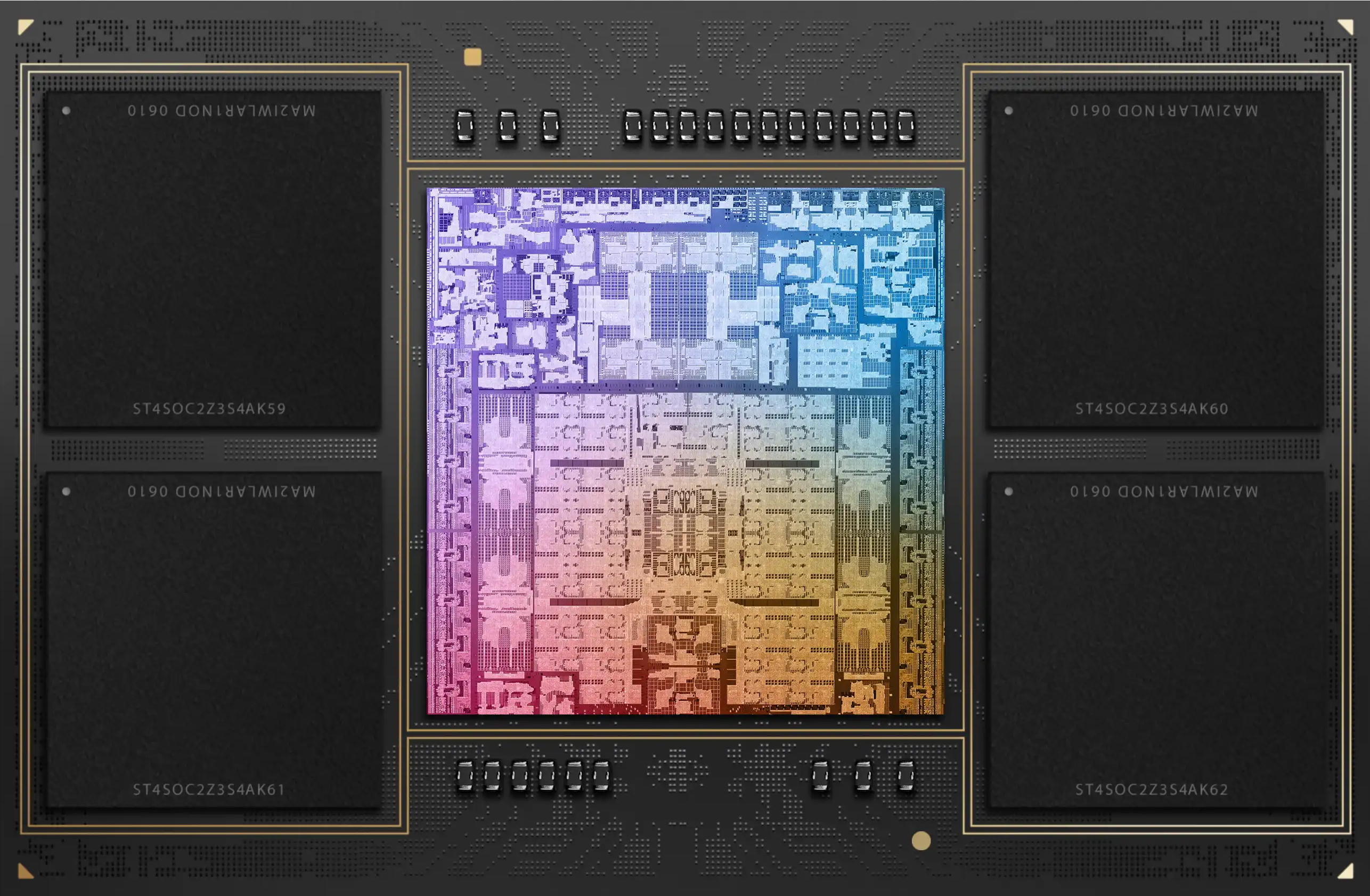
In the world of technology, vulnerabilities are an inevitable reality. Whether it’s a giveaway promotion or computer hardware, weaknesses are often discovered by savvy individuals. Back in 2018, Intel faced the harsh truth with the widespread Spectre vulnerability. More recently, AMD encountered setbacks last summer with Zenbleed and Inception. Now, it’s Apple’s turn in the spotlight, grappling with a significant and unpatchable vulnerability in its M-series CPUs that can potentially leak encryption keys.
As reported by Ars Technica, this security flaw enabled academic researchers to extract end-to-end encryption keys from Apple’s processors using an app with standard third-party software permissions in macOS. Named GoFetch, the attack operates through a side-channel vulnerability, exploiting sensitive information gleaned from observing normal behavior. It’s akin to watching armored-car guards and assessing the value of their cargo based on its weight.
For those interested in delving into the technical intricacies, Ars Technica provides a comprehensive breakdown of the situation, including details about Intel’s 13th-gen Raptor Lake processors, which operate similarly but remain unaffected by GoFetch. Essentially, the vulnerability stems from Apple’s data memory-dependent prefetcher (DMP), which occasionally confuses the data being retrieved with its intended location, resulting in inadvertent information leakage.
While this news may be alarming, particularly for security-conscious Apple enthusiasts, it underscores the ever-evolving landscape of technology. Even PC users who’ve navigated similar challenges can glean valuable insights from this revelation.




